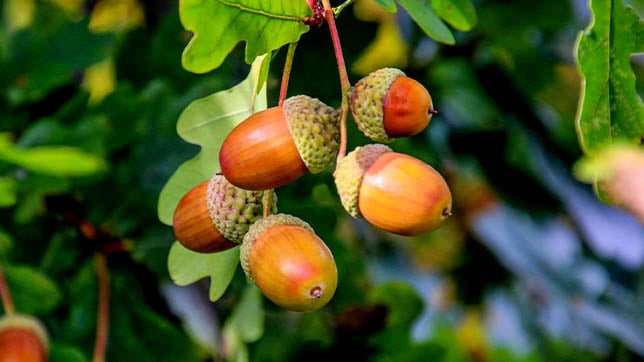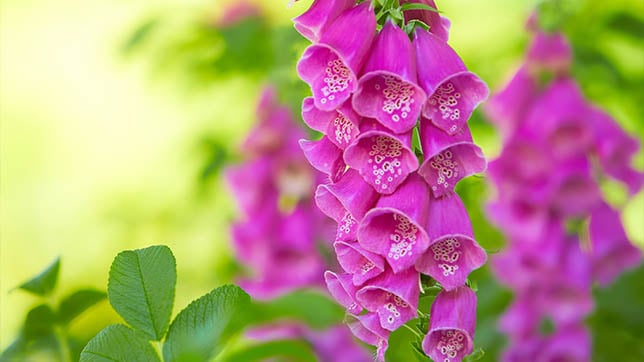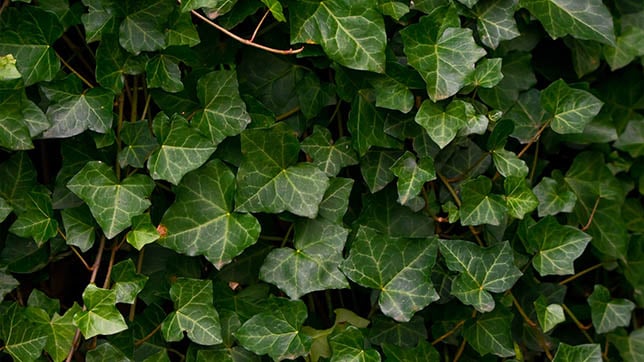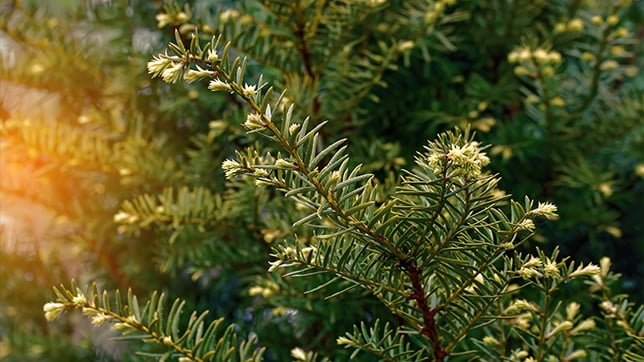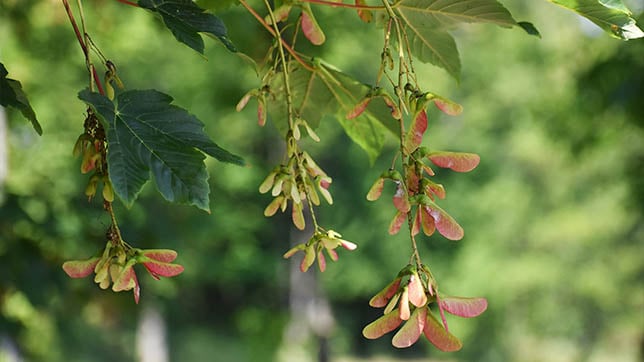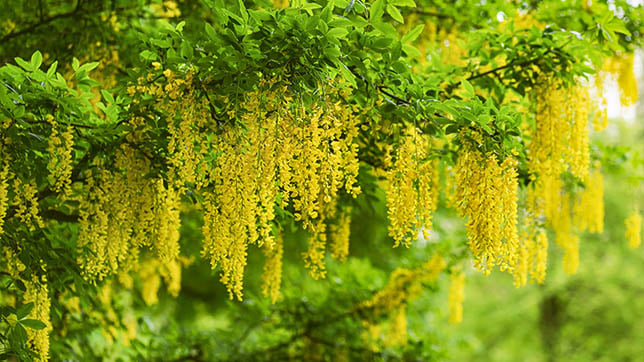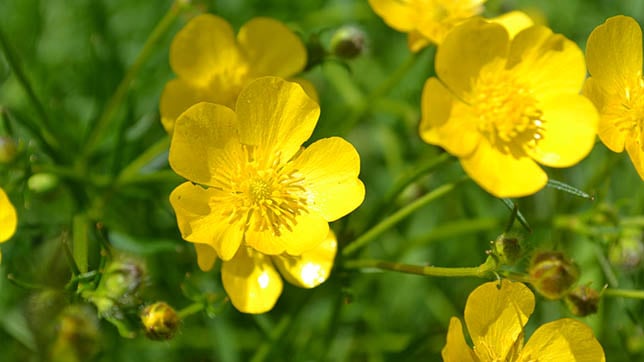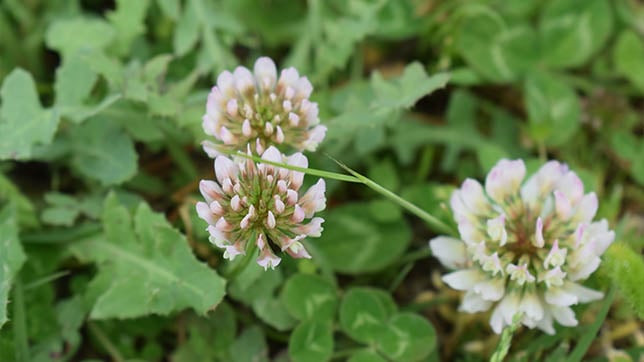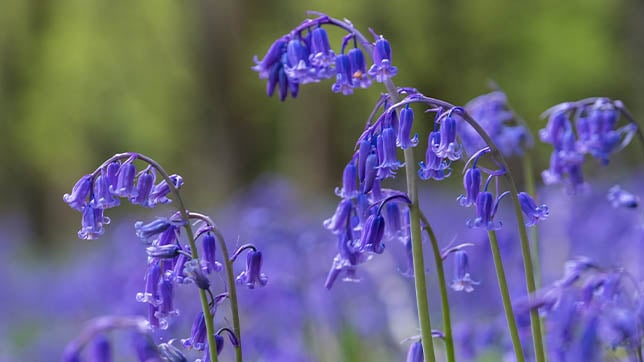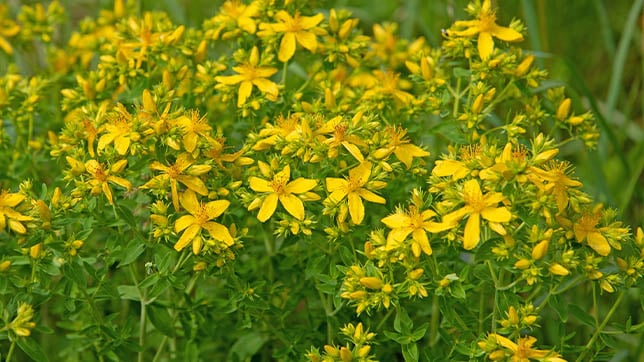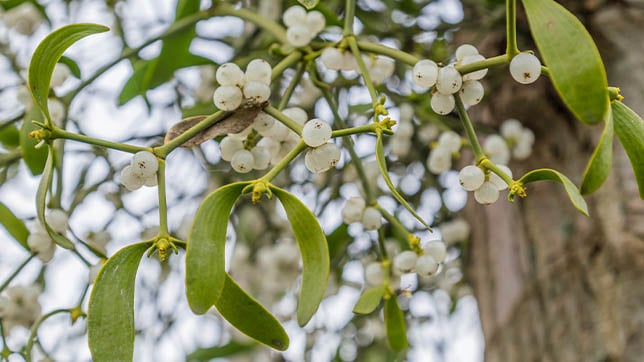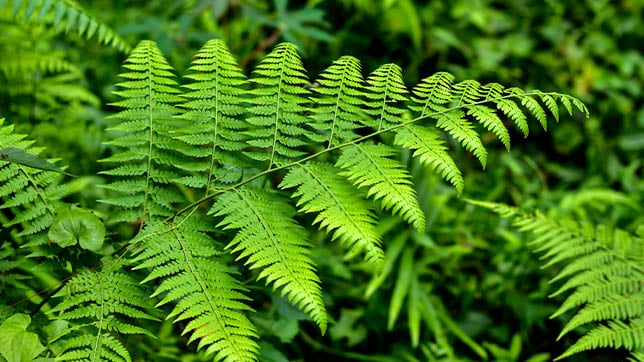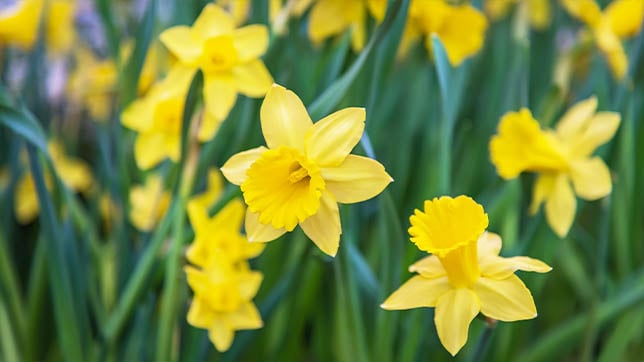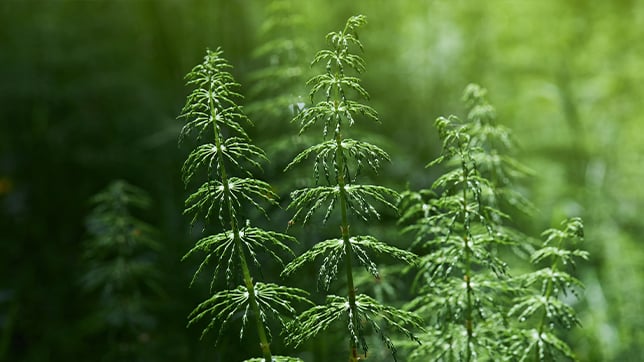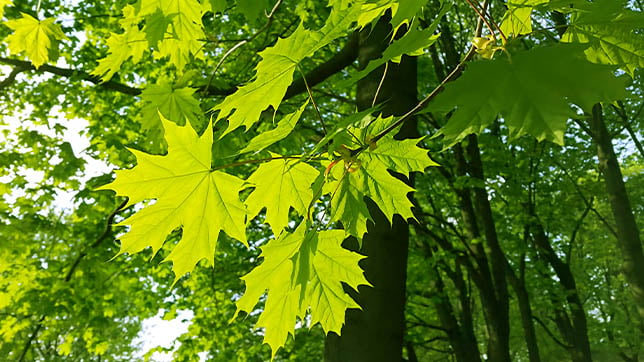3rd November 2023
Poisonous plants for horses
Eating poisonous plants can have deadly consequences for horses and ponies. But there are so many plants that are poisonous to horses, it can be difficult to know where to begin!
We hope this visual guide to poisonous plants will help keep your horse safe...
Please contact your vet immediately if you think your horse may have eaten poisonous plants.
Ragwort
If horses eat ragwort, it will damage their liver. Ragwort isn’t just poisonous to horses, it’s dangerous for you to handle, too.
While pulling ragwort in your horse’s field, wear thick gloves and keep covered-up! It’s important to dispose of ragwort carefully, to avoid spreading it across other fields.
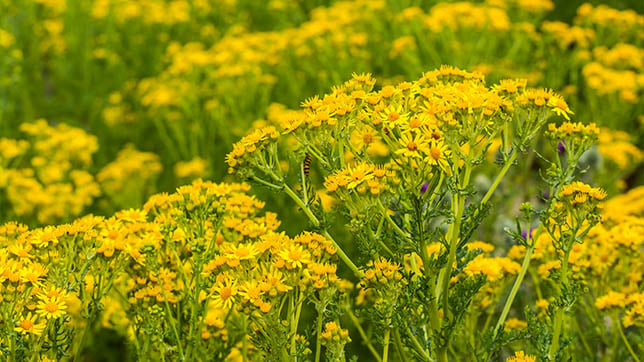
Acorns
Although acorns taste horrible, some horses will still eat them.
Signs of acorn poisoning in horses:
- Dehydration.
- Reduced appetite.
- Lying down a lot.
- Mouth ulcers.
- Blood in diarrhoea.
- Constipation.
- Depression.
- Colic.
Foxglove
Foxgloves are toxic to both horses and humans. Especially if eaten dry in hay or haylage, foxgloves can cause horses to suffer from cardiac arrest (when the heart suddenly stops pumping).
Signs of foxglove poisoning in horses:
- Drowsiness.
- Staggering.
- Seizures.
- Depression.
- Blood in diarrhoea.
- Collapse.
Ivy
Not only is ivy poisonous to horses when ingested (swallowed), it is also an irritant that causes allergic reactions.
Signs of ivy poisoning in horses:
- Agitation.
- Blisters.
- Diarrhoea.
- Staggering.
- Muscle spasms.
- Paralysis.
Yew trees
Should a horse eat a yew plant, symptoms will appear within a few hours.
Signs of yew poisoning in horses:
- Trembling.
- Nervousness.
- Diarrhoea.
- Slower heart rate.
- Breathing difficulties.
- Loss of muscle control.
- Convulsions.
- Collapse.
Sycamore
‘Atypical myopathy’ is another term for sycamore poisoning. Sycamore seeds contain a toxin that can be fatal to equines.
Signs of sycamore poisoning in horses:
- Sweating.
- Reluctance to walk.
- Muscle weakness.
- Stiffness.
- Tremors.
- Depression.
- Dark urine.
- Signs of colic.
- Struggling to breathe.
- Collapse.
Privet
Both the leaves and berries of the privet plant are poisonous to horses.
Signs of privet poisoning in horses:
- Staggering.
- Dilated (large) pupils.
- Diarrhoea.
- Low body temperature.
- Increased heart rate.
- Weak pulse.
- Colic symptoms (abdominal pain).
- Convulsions.
- Paralysis.
Laburnum
Horses usually hate the taste of laburnum plants, though some will try it if they can only access limited grazing.
Signs of laburnum poisoning in horses:
- Diarrhoea.
- Colic.
- Depression.
- Dribbling.
- Seizures.
- Collapse.
- Coma.
Buttercups
Horses will eat a large number of buttercups if their grazing is poor. Some horses react to buttercups brushing against their skin, resulting in mouth ulcers, as well as irritation to their lower legs and muzzle.
Signs of buttercup poisoning in horses:
- Dribbling.
- Diarrhoea.
- Colic.
Hemlock
Also known as ‘poison parsley’, hemlock has a devastating effect on horses who eat it.
Signs of hemlock poisoning in horses:
- Confusion.
- Dilated (large) pupils.
- Nervousness.
- Trembling.
- Disorientation.
- Dribbling.
- Loss of appetite.
- Frequent urination.
- Bloating.
- Seizures.
- Rapid, weak pulse.
- Cardiac arrest.
Alsike clover
Most types of clover are safe for equines to eat. However, the Alsike clover can be poisonous to horses, and the symptoms may not appear for weeks.
Signs of Alsike clover poisoning in horses:
- Reddened skin.
- Mouth ulcers.
- Bumps on skin.
- Peeling skin.
- Sores that ooze.
- Loss of appetite.
- Depression.
- Dribbling.
- Diarrhoea.
- Weakness.
- Weight loss.
- Colic.
Bluebells
Bluebells may be beautiful, but they’re toxic if eaten by horses (or humans!). If a horse eats bluebells, they’re likely to experience digestive distress.
Bulbs of the bluebell may be mistaken for garlic, and bluebell sap can cause skin irritation.
Remember: It is illegal to uproot bluebells without landowner permission, according to the Wildlife and Countryside Act (1981), so keep this in mind when checking your horse’s field for this pretty, yet poisonous, plant.
Wisteria
The enchanting wisteria plant can pose a problem for horses.
Signs of wisteria poisoning in horses:
- Dehydration.
- Weight loss.
- Loss of appetite.
- Diarrhoea.
- Colic.
St John’s wort
Any symptoms of St John’s wort poisoning in horses may appear within as little as five hours of the plant being eaten!
Signs of St John’s wort poisoning in horses:
- Forceful scratching of their head.
- Confusion.
- Depression.
- Mild diarrhoea.
- Swelling around forehead and/or eyes.
- Increased body temperature.
Laurel
If a horse ingests any part of the laurel plant it is an emergency, and a vet should be called straight away.
Signs of laurel poisoning in horses:
- Abnormal heart rate.
- Lethargy.
- Diarrhoea.
- Colic symptoms (abdominal pain).
- Dribbling.
- Loss of appetite.
- Seizures.
- Tremors.
- Weakness.
- Sweating.
- Rapid, shallow breathing.
- Coma.
Mistletoe
It may be magical during the festive season, though mistletoe can be toxic to horses.
Signs of mistletoe poisoning in horses:
- Diarrhoea.
- Convulsions.
- Colic.
- Liver damage.
- Kidney damage.
Bracken
Bracken plants can cause neurological (nervous system) damage to horses.
Signs of bracken fern poisoning in horses:
- Circling.
- Staggering.
- Nervousness.
- Muscle spasms.
- Blindness.
- Convulsions.
Daffodils
The impacts of daffodil poisoning in equines can involve both the ingestion (swallowing) of the plant or contact with the plant.
Signs of daffodil poisoning in horses:
- Skin inflammation.
- Photosensitivity.
- Diarrhoea.
- Dehydration.
- Dribbling.
- Colic symptoms (abdominal pain).
- Tremors.
- Abnormal heart rate.
Curly dock
Although the dock plant looks different depending on the season, all parts of the curly dock are toxic to horses.
Signs of curly dock poisoning in horses:
- Lethargy.
- Weakness.
- Tremors.
- Dribbling.
- Refusal to stand.
- Coma.
Horsetail/marestail
Despite the inspiration for its name, horsetail can cause horses to suffer from neurological (nervous system) problems; similar to ingesting bracken.
Signs of horsetail poisoning in horses:
- Staggering.
- Imbalance.
- Weakness.
- Inability to stand.
- Tremors.
- Convulsions.
- Coma.
Meadow saffron
Easily confused with a crocus, meadow saffron causes problems with equine digestive systems when eaten by them.
Signs of meadow saffron poisoning:
- Dribbling.
- Difficulty swallowing.
- Colic symptoms (abdominal pain).
- Diarrhoea.
- Blood in urine.
- Coughing.
Rhododendron
Most horses will avoid the rhododendron plant because they dislike the taste, but some will still try to nibble at its toxic leaves.
Rhododendron plants have been known to cause problems with horses’ digestive systems, as well as causing serious complications with the heart and respiratory system.
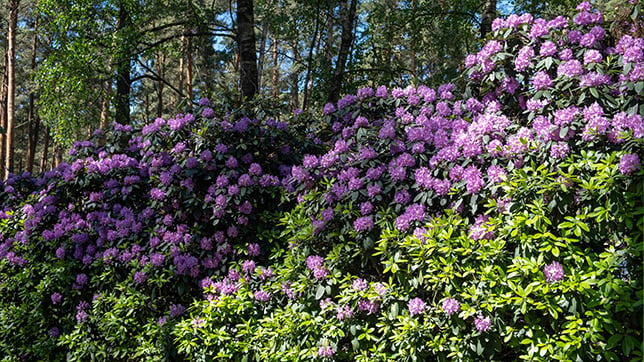
Maple trees
Maple trees are from the same plant family as sycamore trees (acer), so they are poisonous to horses, too.
Signs of maple tree poisoning in horses:
- Muscular stiffness.
- Tremors.
- Sweating.
- Depression.
- Weakness.
- Dark urine.
- High heart rate.
- Reluctance to walk.
- Difficulty standing.
- Breathing difficulties.
Horse chestnut trees
The horse chestnut tree may be named after an equine, but it is toxic to horses.
Signs of horse chestnut tree poisoning in horses:
- Dilated (large) pupils.
- Depression.
- Diarrhoea.
- Seizures.
- Coma.
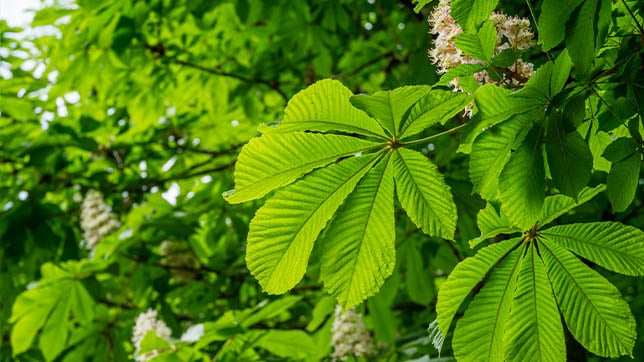
Please note: This list of poisonous plants is not exhaustive; there are many plants out there that are toxic to horses.
Speak to your vet if you’d like to know more about managing the poisonous plants in your horse’s field!
We're fighting for a better future
For over 20 years we have remained committed to promoting animal welfare and conservation around the world.
Looking for more horse advice?
Support and advice so that owners and riders can take the very best care of their equine.
Need horse insurance?
Horse insurance can help cover the cost of veterinary treatment if your horse gets injured or falls ill.
We know pets
Our pets are part of the family. To achieve our vision of a better future for pets everywhere, we work with our partners, vets, and other veterinary professionals who are pioneering the latest advancements in animal care. Our campaigns, articles, and events are crafted to support, educate, and celebrate pet owners, while our policies are designed to provide peace of mind at an affordable price.
Yet our policies don’t just protect against the unexpected – they have purpose, too.
Since we were founded over 25 years ago, we've provided industry-leading policies that protect the nation’s pets, while also making a difference to animal welfare and our planet. Thanks to you, our policyholders, we've donated over £9 million to more than 830 animal welfare charities and conservancies, helping to support vulnerable pets and wildlife around the world.
We’re proud to be wildly different. Are you?

